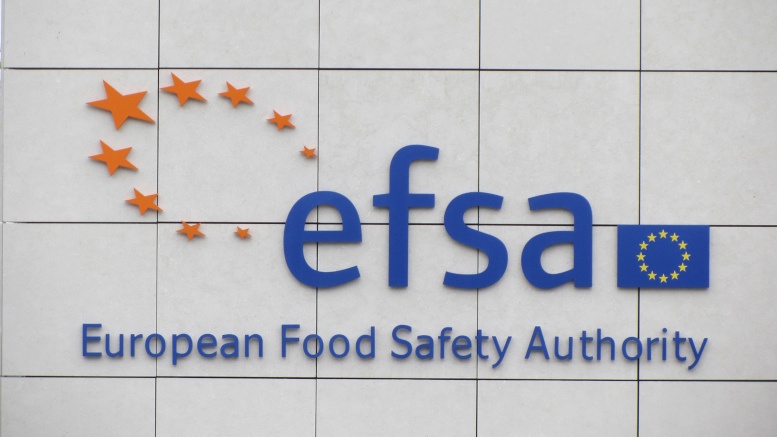The European Food Safety Authority (EFSA) has identified gaps in research regarding the effects of CBD on humans, declaring in a statement released this week that “the safety of CBD as a novel food cannot currently be established.”
While EFSA stressed it has not concluded that CBD consumption is dangerous, the statement said research currently available on the effects of CBD on the liver, gastrointestinal tract, endocrine system, nervous system, and on psychological well-being is insufficient.
‘Hazards’ identified
“We have identified several hazards related to CBD intake and determined that the many data gaps on these health effects need filling before these evaluations can go ahead,” Dominique Turck, chair of EFSA’s expert panel on Nutrition, Novel Foods and Food Allergens, said of a total 19 novel food applications that are currently before the agency.
In the statement, EFSA pointed to animal studies that have shown “significant adverse effects” including those related to reproduction, noting “It is important to determine if these effects are also seen in humans.”
The EFSA statement was a response to the European Commission, which sought input from the agency’s experts regarding the compound’s safety. The EC has said CBD can be classified as a new or “novel” food if it meets relevant provisions in EU food legislation.
‘Stopping the clock’
“Stopping the clock on a novel food assessment is not unusual when information is missing,” said Ana Afonso, Head of Nutrition and Food Innovation at EFSA. Afonsa said novel food applicants are responsible for filling any research gaps.
“We are engaging with them to explain how the additional information can be provided to help address the uncertainties,” Afonso said.
Two consortia that are offering to shepherd producers through the EFSA novel food approval process meanwhile have already undertaken studies aimed at meeting the food safety agency’s guidelines. EIHA Project GmbH, a consortium organized by the European Industrial Hemp Association, said it is spending €2.5 to €3.0 million on extensive toxicology and clinical research regarding CBD and THC; the UK-based Association for the Cannabinoid Industry (ACI) is also developing studies. Both consortia are also leaning on their research for separate novel food applications currently before the UK’s Food Safety Agency.
Information session planned
EFSA observed that while many human studies have been carried out on Epidyolex, an approved CBD drug that was developed to treat rare forms of epilepsy, guidelines for pharmaceuticals have a higher tolerance for adverse effects. Such tolerance, however, is not acceptable when considering CBD as a novel food, the agency said.
“Given the complexity and importance of CBD receptors and pathways, interactions need to be taken into account when considering CBD as a novel food,” EFSA said in the statement. “The effects on drug metabolism need to be clarified. Toxicokinetics in different matrices, the half-life and accumulation need to be examined.”
EFSA has scheduled an information session regarding its statement June 28, during which agency representatives will answer questions and provide guidance to current novel food applicants regarding the research gaps identified.

